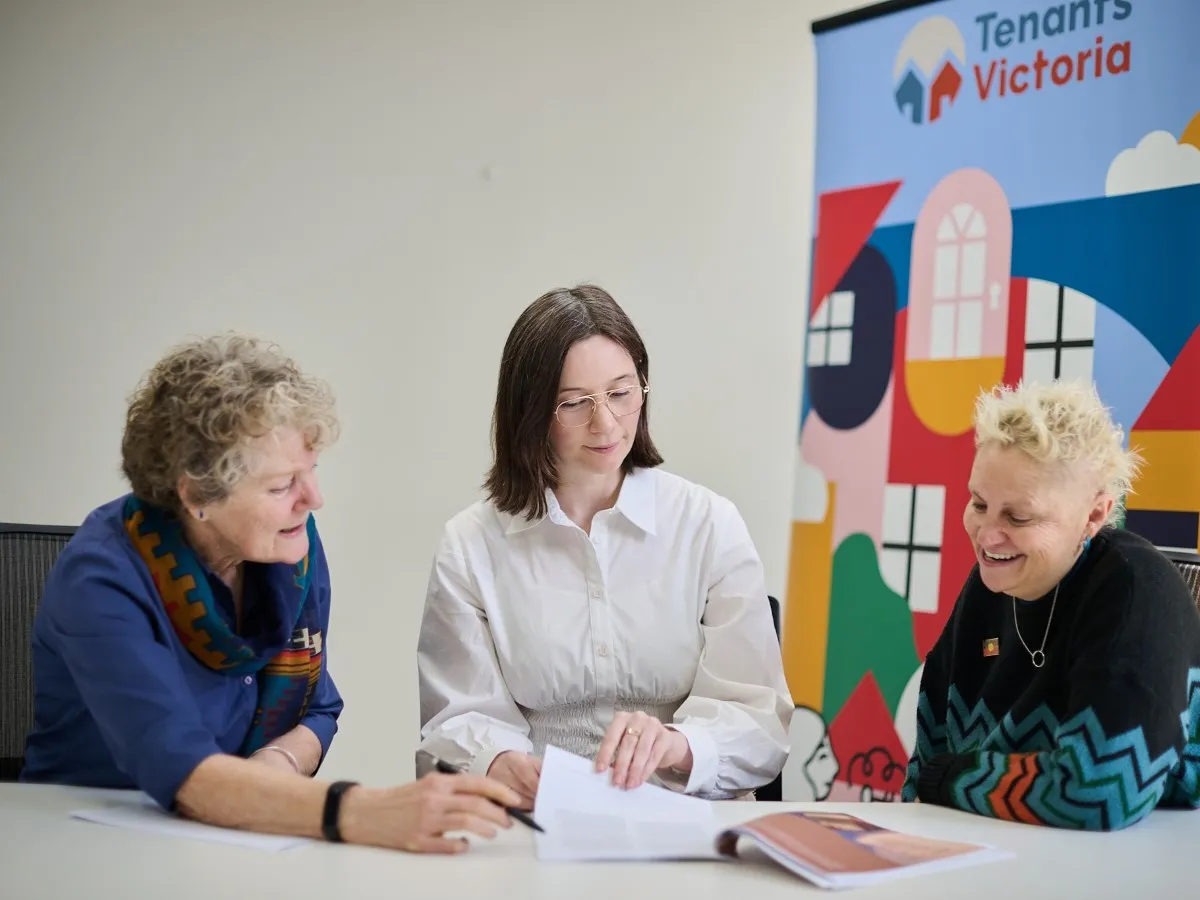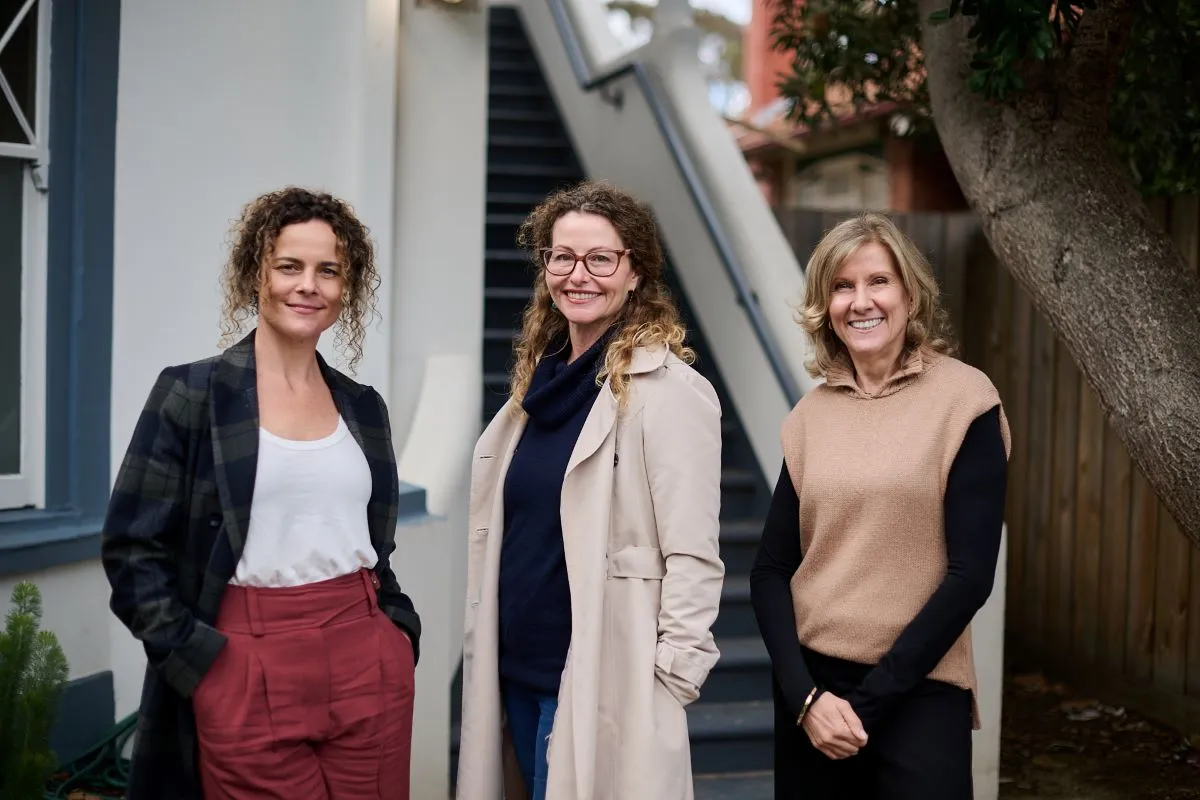Strengthening legal pathways for CALD women
Help for CALD women to increase their legal literacy on family violence/law issues through community legal education tailored to their cultural and linguistic community.

Help for CALD women to increase their legal literacy on family violence/law issues through community legal education tailored to their cultural and linguistic community.

Peninsula Community Legal Centre (PCLC) set out to help culturally and linguistically diverse (CALD) women increase their legal literacy. But, as they anticipated, knowing how to engage a community you are not a part of can prove challenging, particularly when dealing with sensitive and personal issues. Their Strengthening legal pathways for CALD women project, funded by a Victoria Law Foundation Community Legal Grant, demonstrates the importance of codesign, innovation, and flexibility in community legal education (CLE) projects.
Lawyers at PCLC recognised a concerning number of migrant women presenting with family violence issues who, despite having multiple legal problems, were not accessing legal or other support services due to a range of cultural, linguistic, and geographic barriers. They also identified that women preferred to seek help from inside the family or community, due to a mistrust and lack of understanding of the Australian legal system. To address these issues, PCLC would first need to seek leaders in these communities and building trust before any effective community legal information could take place.
One of the key findings in our Law… What is it Good For? How People see the Law, Lawyers and Courts in Australia report, was that Respondents who spoke a language other than English at home regarded lawyers as significantly less accessible, and the law as being less relevant to their problems. Because of this, those who speak a language other than English at home are less likely to get the help they need.
Nigel Balmer, Research Director at Victoria Law Foundation, summarises this finding. “When presented with legal problems, respondents who spoke a language other than English at home were more likely than other respondents to see lawyers as important, particularly where a figure of authority was concerned, but less likely to see lawyers as accessible. Legal capabilities vary and they matter, and findings serve to confirm the importance of continuing to review the functioning of the justice system from a ‘bottom-up’ perspective, understanding and prioritising varying needs and capabilities.”
This research suggests that PCLC’s target demographic of migrant women are less likely to feel comfortable approaching a lawyer or legal organisation for help. Therefore, breaking down barriers and finding accessible and informal means of CLE was crucial.
Collaboration was a key part of this project. PCLC reached out to local family violence and grassroots community organisations already working with the target audience to build trust and engage the community. Partners provided guidance on project delivery and also identified legal subjects that were of interest to their community and might serve as soft entry points to build trust before introducing the subject of family violence. This partnership approach also led to sustainable relationships and referral pathways for ongoing support of culturally diverse women.
PCLC trialled different methods of online engagement. They originally presented via webinar but found there was low engagement. They recognised an opportunity to break down barriers through social media. With permission from Facebook group admins, the project officer at PCLC Engy Abdelsalam used her personal account to join closed community groups on Facebook and presented using the Facebook livestream function. Connecting with the audience as a person, not an institution, on informal platforms that they already use, was a great way to engage a wider audience and build trust.
“Online platforms offer many opportunities for creative community engagement, particularly if there is a willingness to experiment and do things differently to traditional CLE”, said Kirsten Young, Community engagement, reform and legal policy officer at PCLC. “Use of new methods of engagement, such as Facebook community groups, allowed us to reach audiences where they were, at times suitable to them”.
While the online engagement was strong and broadened the reach of the program, in-person sessions were still crucial in building trust and confidence with participants. This was particularly important for vulnerable cohorts and particular cultural groups. As a result, the project was delivered through a combination of online and in-person sessions which proved to be the most effective strategy.
People from different cultural and linguistic backgrounds may face unique barriers to legal services and be less likely to seek them out. Going directly to the community, in a setting they are comfortable with and regularly use, helps to get information to the people who need it. This initiative illustrated the importance of going to where your audience already is to reach them.
As different communities face unique pathways and challenges to accessing justice, understanding how to reach them is crucial. Forming relationships with different organisations and engaging project partners also allows for continued collaboration after the project has ended, improving community connections and ongoing support.
“Knowing about the needs of your target audience, their legal confidence and capability, and how to reach them is likely to improve the success of your project and lead to better justice for the community”, says Melanie Rygl, Grants Manager at Victoria Law Foundation.
This project was funded by a Victoria Law Foundation Community Legal Grant. If you have an idea for a project, see our Grants.
Balmer, N.J., Pleasence, P., Hagland, T., & McRae, C. (2019). Law…What is it Good For? How People see the Law, Lawyers and Courts in Australia. Melbourne: Victoria Law Foundation.
Understand how Tenants Victoria used data-driven research to capture the unique experiences and challenges faced by single-parent renters in Victoria.

First Step Legal implemented data-driven practices to evaluate the effectiveness of the health justice partnership model in Victoria.

Browse the reports and other outputs from funded projects.